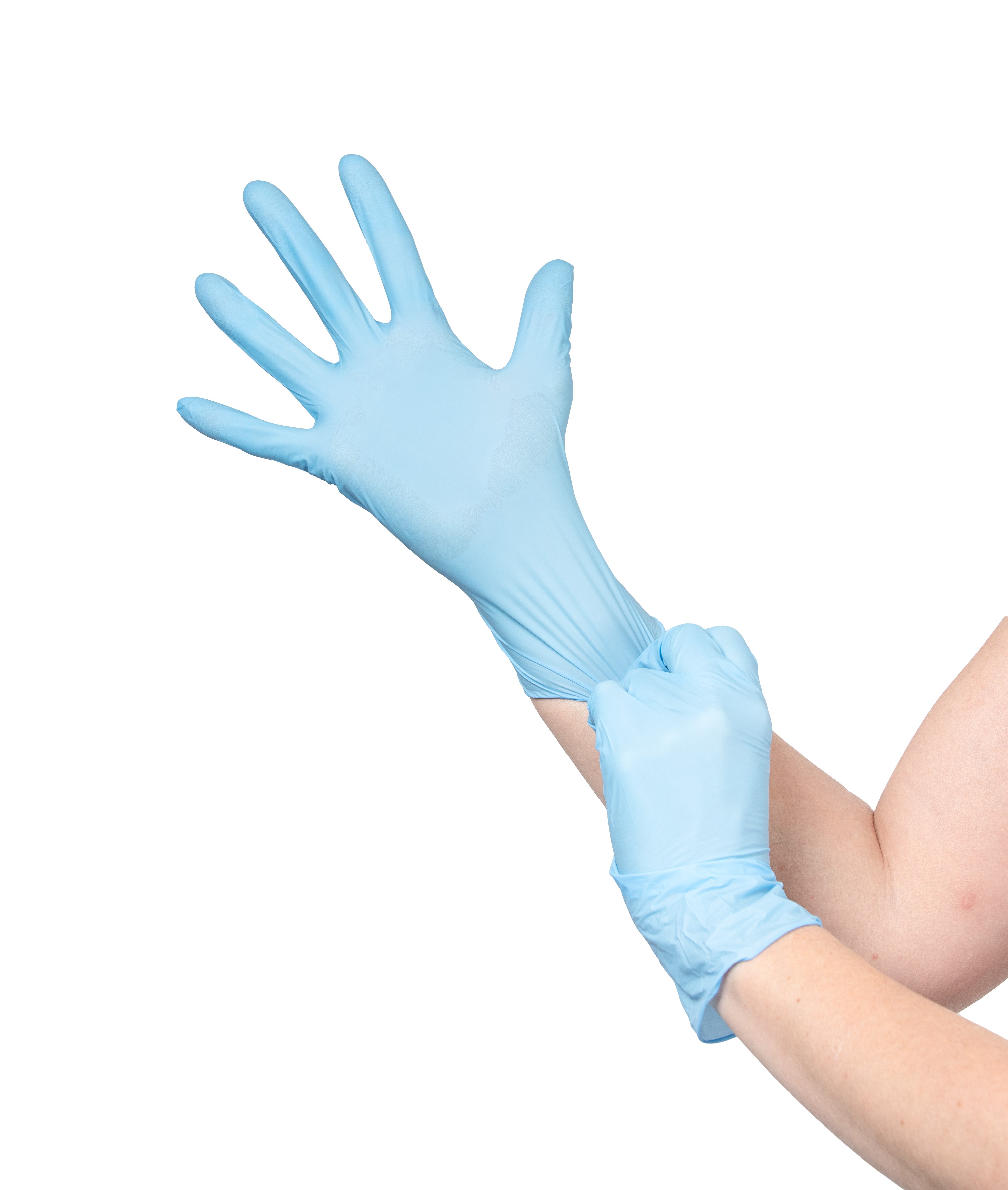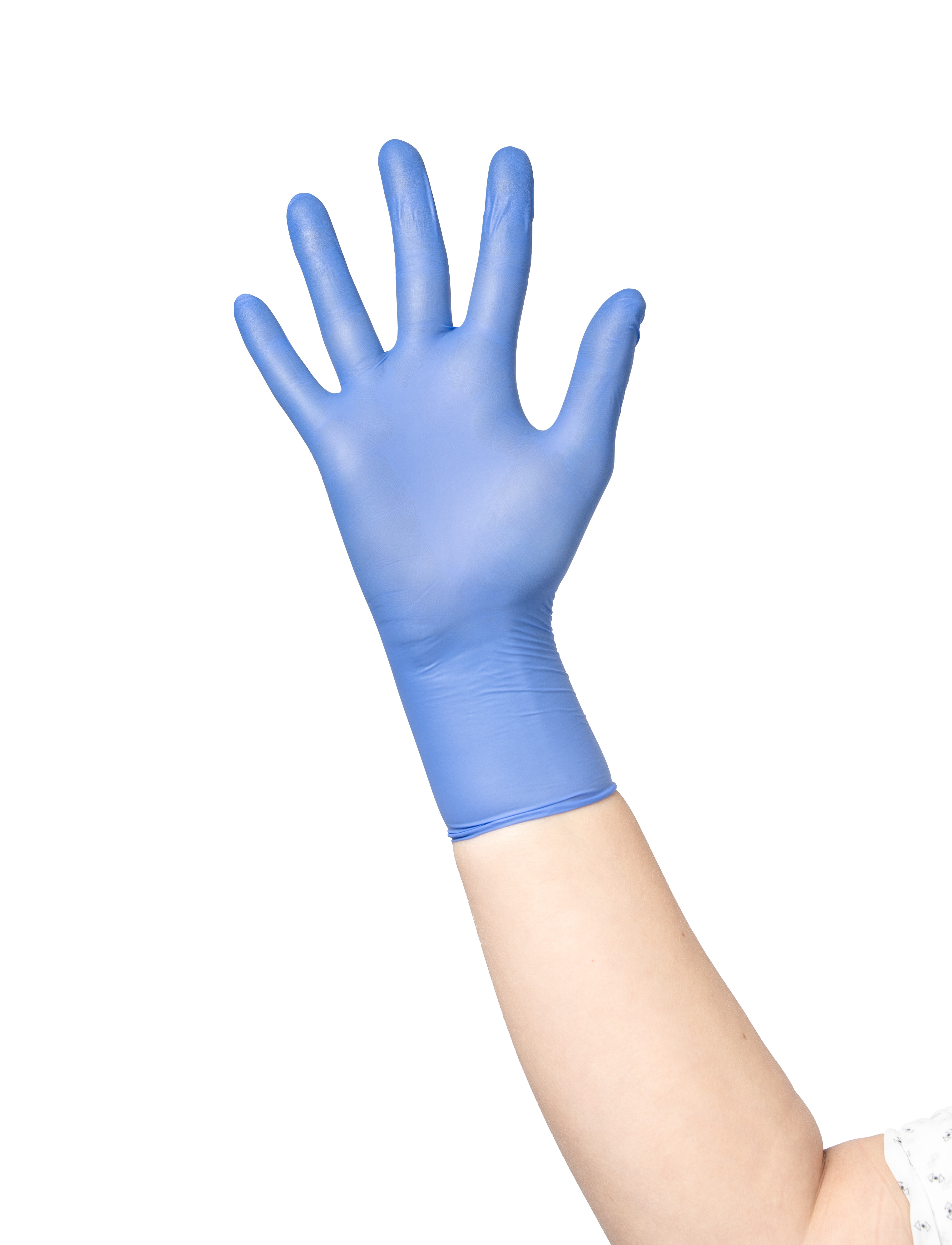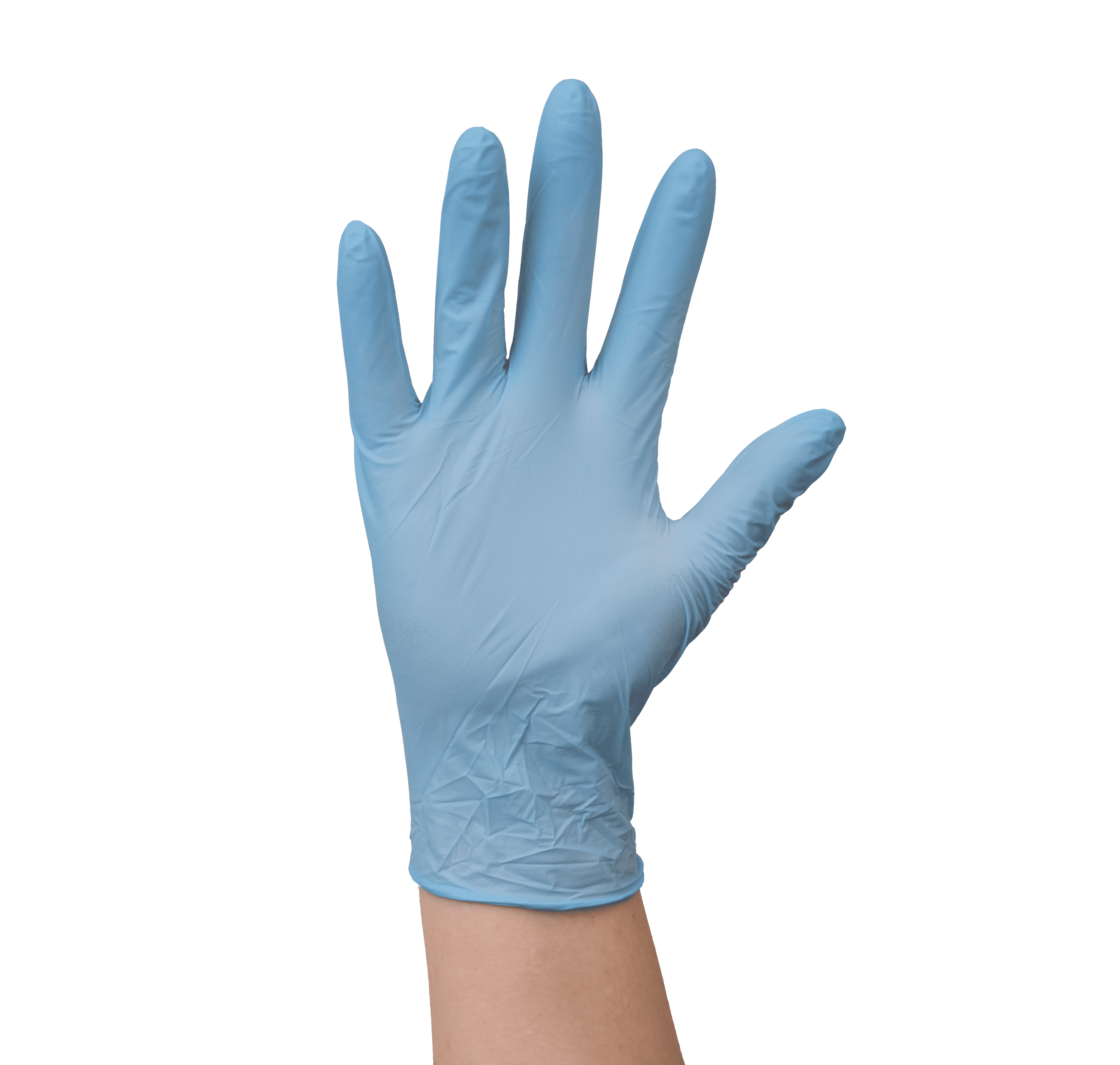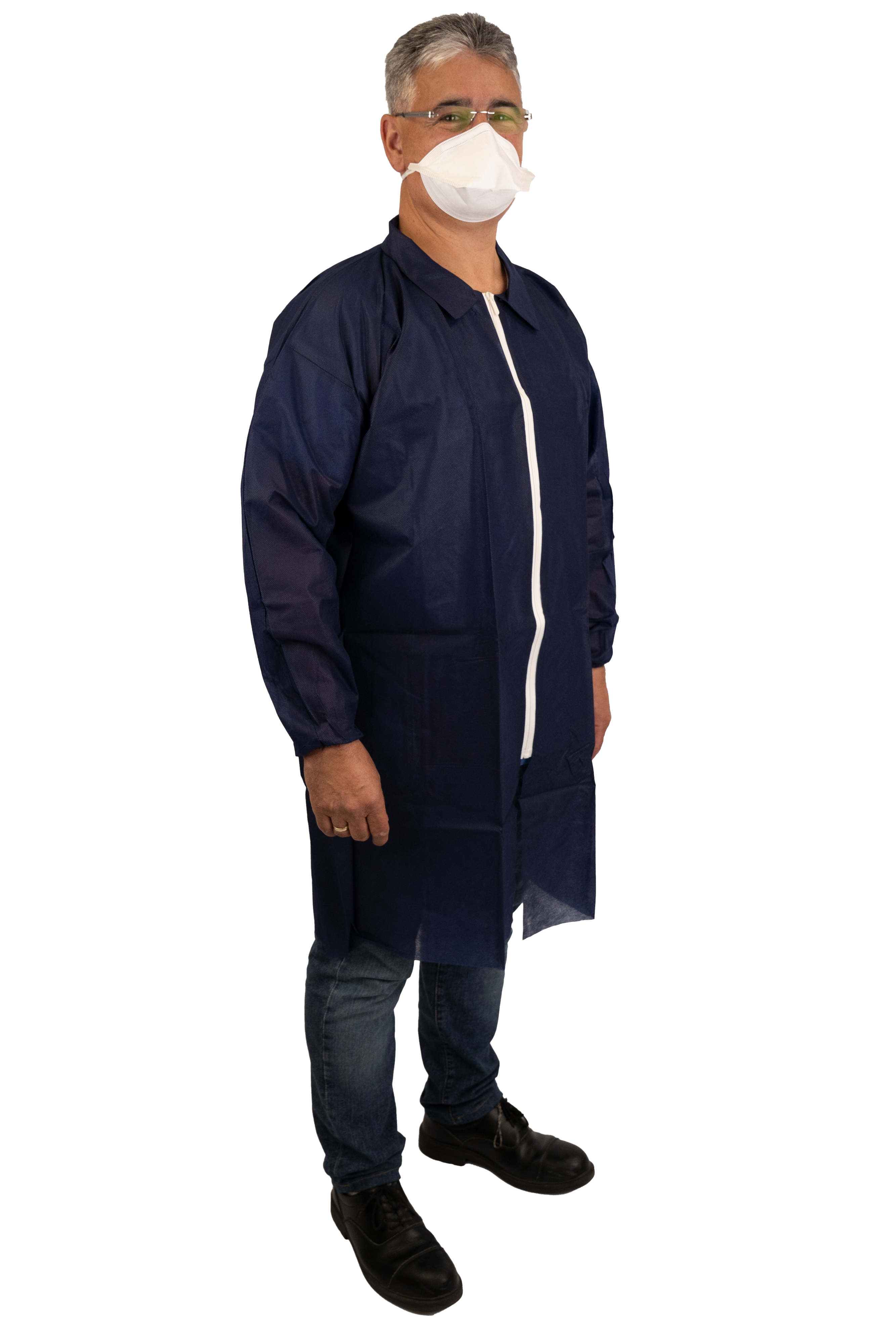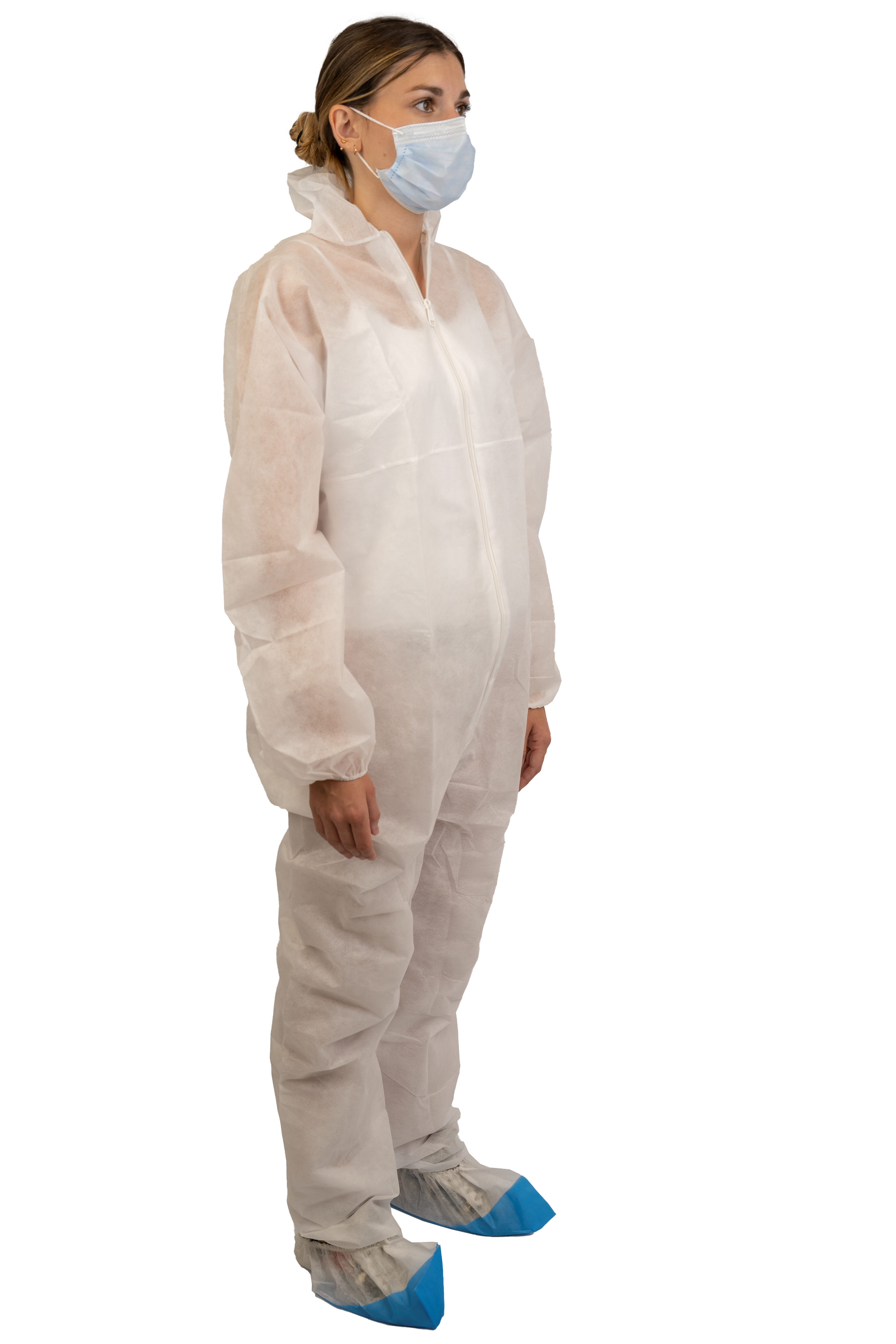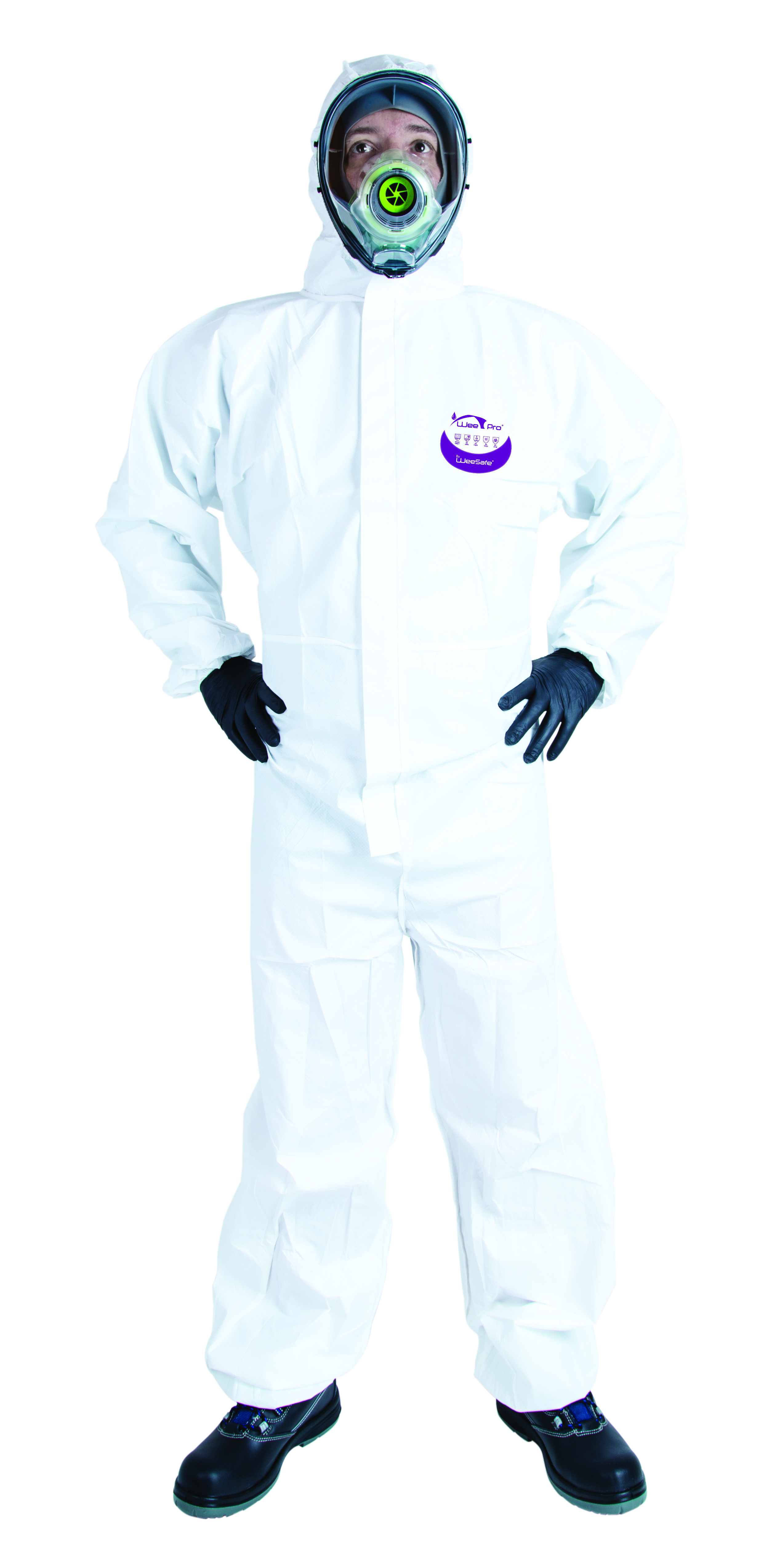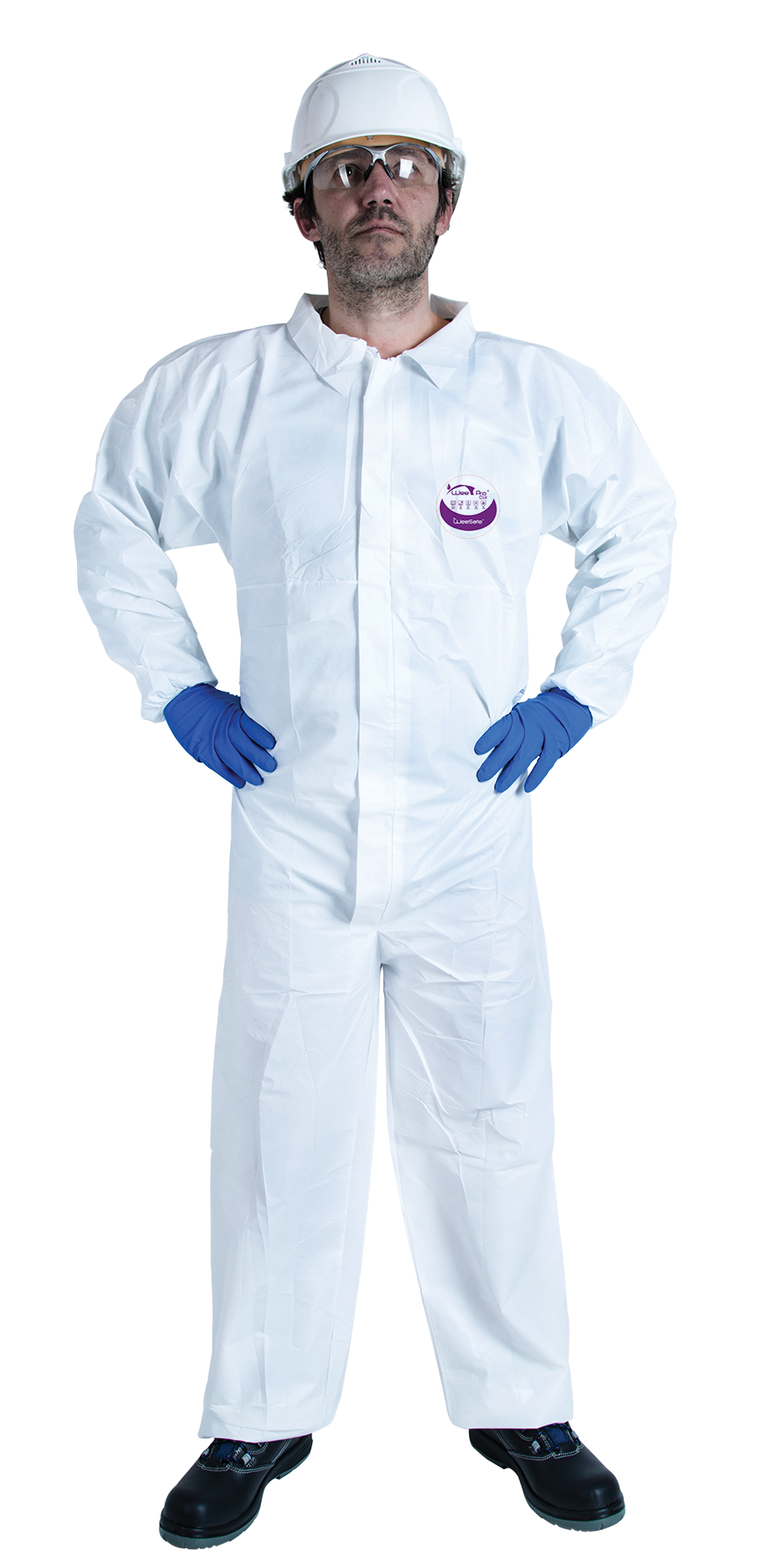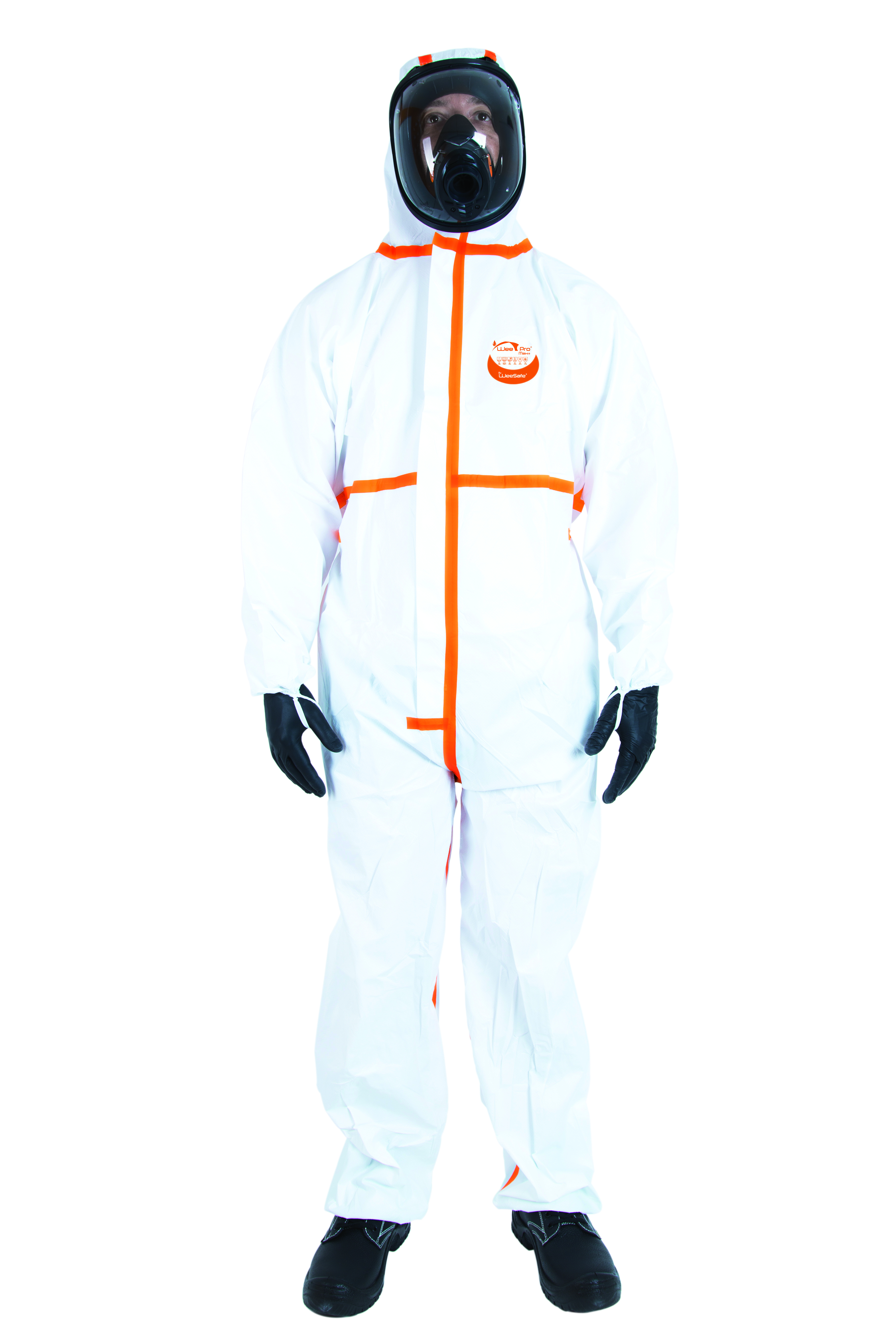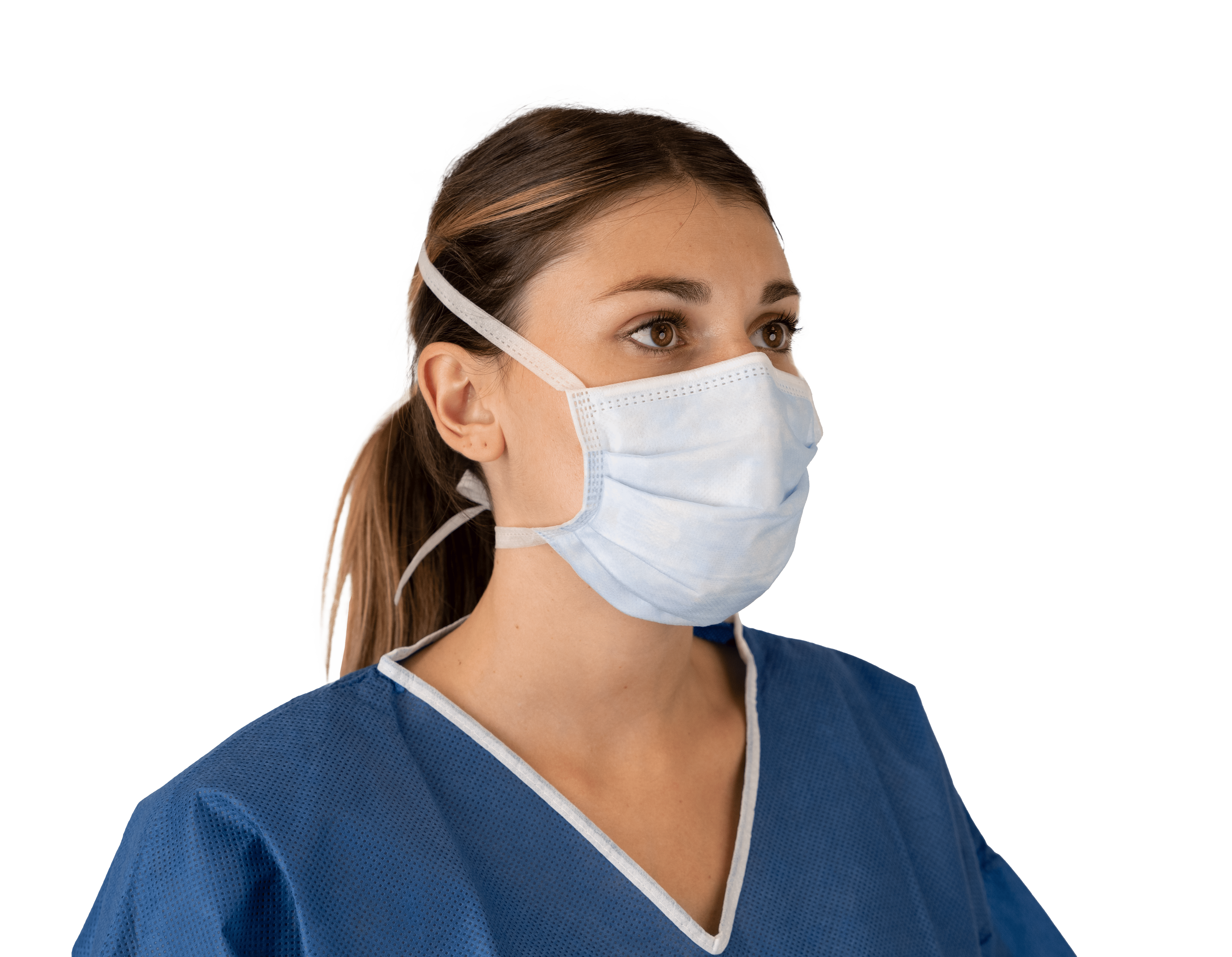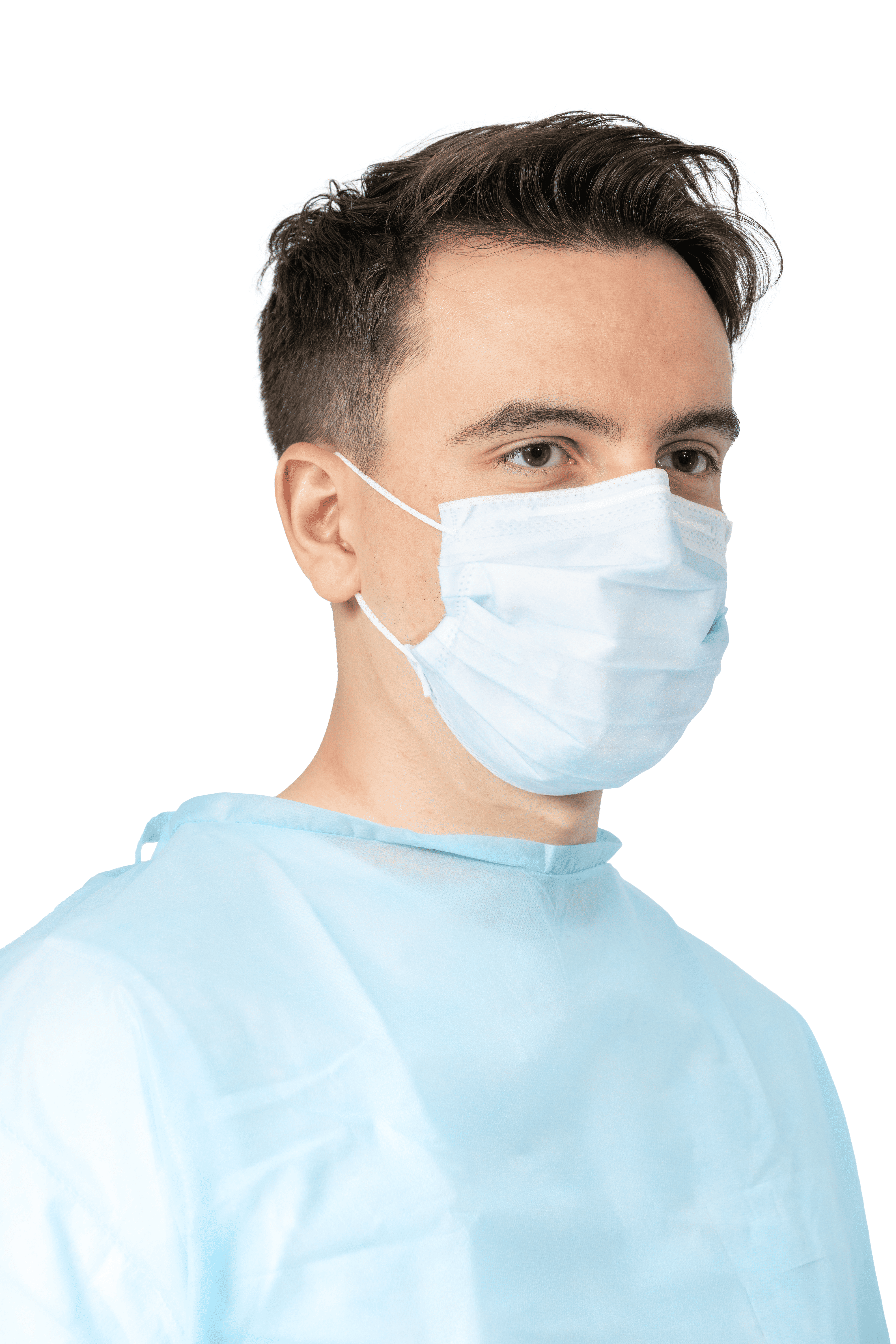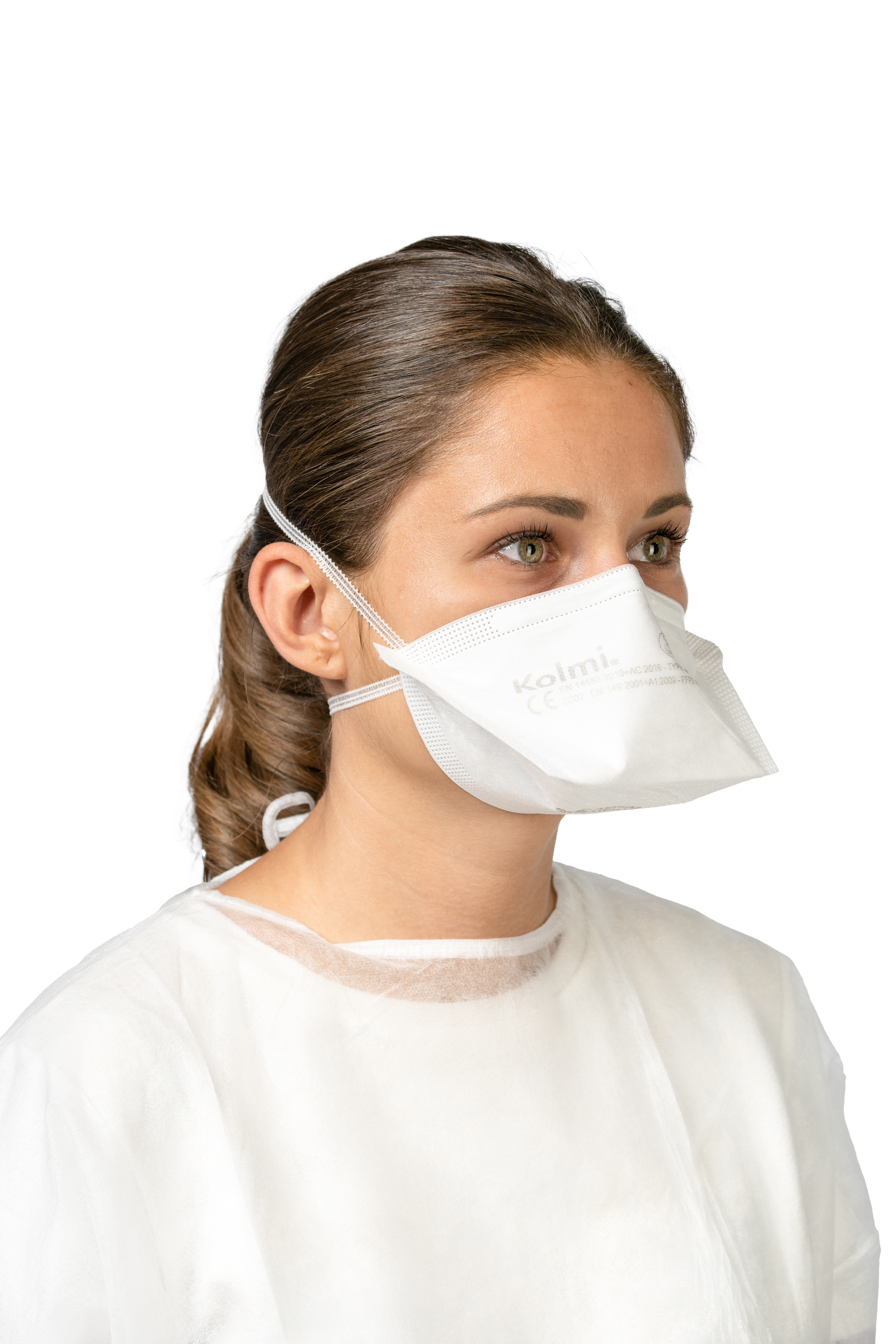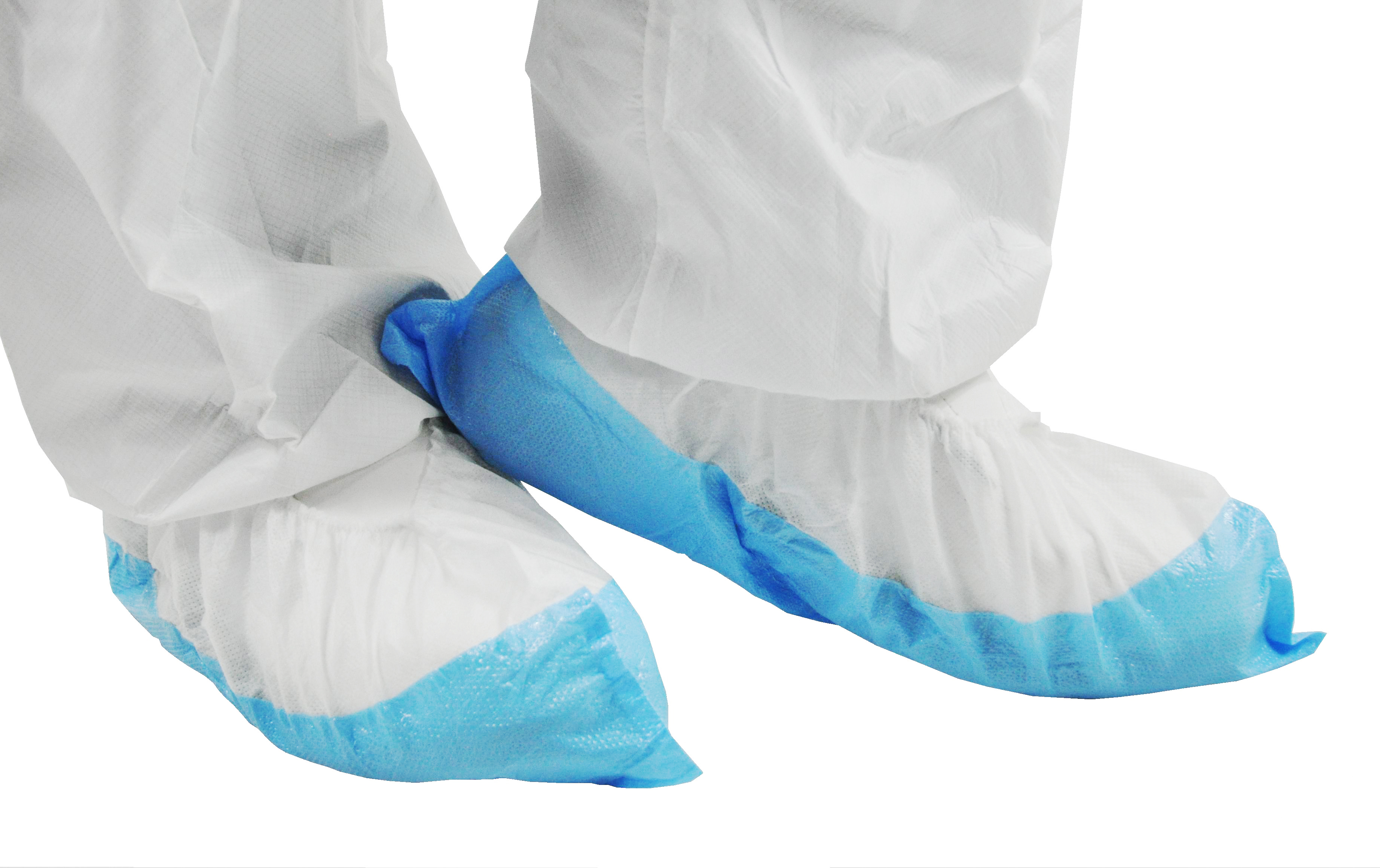PPE for the food industry
The food industry places great importance on cleaning and disinfecting premises to eliminate dirt, as well as microbiological and chemical contamination.
During manufacturing, personnel must protect themselves from risks and avoid contaminating the production line. Fabric workwear, when damp or soiled, promotes bacterial growth and must be changed regularly.
An alternative solution is short-term nonwoven clothing. Our complete range of coveralls protects against chemical and biological risks in the food industry.
Risks related to the food industry
Production
This stage concerns blood splashes during cutting, food processing, food handling, curing, chemical preservation, or drying times.
![]() Risks to the individual: Salmonella, which can develop during meat slaughter and processing, handling of dairy products, processing and drying of fish, and processing of vegetables grown with organic fertilizers.
Risks to the individual: Salmonella, which can develop during meat slaughter and processing, handling of dairy products, processing and drying of fish, and processing of vegetables grown with organic fertilizers.
![]() Risks to the production chain: Parasites carried by the human body.
Risks to the production chain: Parasites carried by the human body.
Packaging
This stage involves the handling of unpackaged food or perishable ingredients. High protection must be maintained, especially if the food is not further processed and microorganisms can develop there.
![]() Risks to the production chain: Parasites carried by the human body.
Risks to the production chain: Parasites carried by the human body.
Maintenance
During the maintenance of production tools, many food residues come into contact with the agent. Checking valves and pipes also presents a high risk of splashing.
![]() Risks to the individual: Biological risks are significant, with the possible presence of mold or spores, and oil or grease splashes.
Risks to the individual: Biological risks are significant, with the possible presence of mold or spores, and oil or grease splashes.
Cleaning and disinfection
The cleaning phase, particularly of tanks, exposes employees to splashes of chemicals such as chlorinated products, as well as contaminated food residues. Optimal protection is required.
![]() Risks to the individual: Viruses, bacteria, endotoxins, fungi (molds and yeasts).
Risks to the individual: Viruses, bacteria, endotoxins, fungi (molds and yeasts).
![]() Biological risks: Splashes of chlorinated alkaline chemicals, sodium hydroxide, nitric acid, peracetic acid, hydrogen peroxide, formalin, alcohols, aldehydes, and hypochlorite.
Biological risks: Splashes of chlorinated alkaline chemicals, sodium hydroxide, nitric acid, peracetic acid, hydrogen peroxide, formalin, alcohols, aldehydes, and hypochlorite.
Our PPE adapted to the food industry
At Medicom, we are experts in the design, manufacturing, and marketing of PPE adapted to the specific needs of the most demanding sectors, such as the food industry and the hygiene sector.
Drawing on our expertise and commitment to meeting the strictest safety and hygiene standards, we offer PPE that complies with regulatory requirements to protect workers and ensure a safe working environment.
Gloves
Specially designed to provide protection against biological (bacteria, viruses) and chemical (cleaning products, preservatives) risks, while ensuring high dexterity and safety.
Coveralls and gowns
Hygiene coveralls and gowns limit particle dispersion and meet strict food safety standards, ensuring a clean production environment that meets sanitary requirements.
Cat.III PPE suits and gowns protect workers from chemical hazards, particularly during maintenance and cleaning operations. Designed to withstand aggressive agents such as detergents and solvents, they ensure worker safety from splashes and toxic substances, thus reducing the risk of occupational accidents.
Respiratory protection masks
Masks are essential to prevent food contamination by microorganisms from workers, ensuring hygiene and compliance with health standards in sensitive areas.
When cleaning with chemicals, FFP2 or FFP3 masks protect operators by filtering out toxic fumes. Wearing them reduces the risk of irritation and poisoning and ensures a safe working environment.
Shoecovers
In the food industry, the use of overshoes is essential for maintaining hygiene and preventing contamination of production areas. They help limit the introduction of external dirt and reduce the risk of microbiological contamination. The adoption of different colored soles plays a key role in preventing cross-contamination: each color is assigned to a specific area (e.g., preparation, packaging, or storage areas), thus ensuring better traceability and compliance with health protocols.
Goggles
Safety glasses are essential to protect the eyes from splashes of chemicals or hazardous materials during cleaning or processing operations.
How to choose PPE for the food industry?
Assess the risks
Identify the specific hazards (chemical, biological, mechanical, thermal) associated with each task.
Analyze the working conditions
Consider the environment (temperature, humidity, exposure to contaminants) and ease of cleaning.
Comply with standards
Choose PPE that complies with regulations, such as (EU) 2016/425 and CE certifications.
Prioritize comfort
Equipment must be ergonomically designed to avoid discomfort for the worker.
Schedule maintenance and replacement
Regularly inspect equipment and replace it when worn to ensure its effectiveness.


